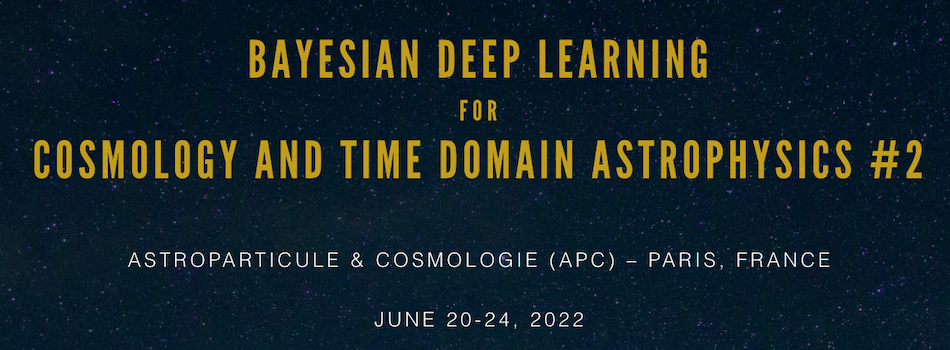Orateur
Description
When merging, two black holes spiral each other before coalescing into a bigger compact object, distorting the fabric of space-time and emitting gravitational waves. These can be detected and analyzed. Most of the analysis techniques rely on computationally-expensive Bayesian inference software. Recently, machine-learning-based techniques have emerged. These have the advantage that the computational burden is moved upstream; the model needs to be trained once in a more expensive step but is then able to produce samples very rapidly. That way, the analysis of gravitational wave data can be done faster during the observation periods. Since the detection rate increases each time the detectors are upgraded, it means that it will be more and more complicated to keep up the pace to analyze the data. Therefore, fast techniques such as machine-learning-based ones are very interesting. In addition, it is desirable to extract as much information as possible out of the observed events. This requires accounting for the lower mass binary black holes but also probing the higher-order mode content present in the signal. To analyze the entire possible spectrum of binary black hole signals and to extract as much information as possible, we present a deep-learning-based algorithm able to analyze merging compact objects down to a chirp mass of 3 solar masses. Using this method would facilitate the analysis of the increasing amount of gravitational wave events to analyze.

